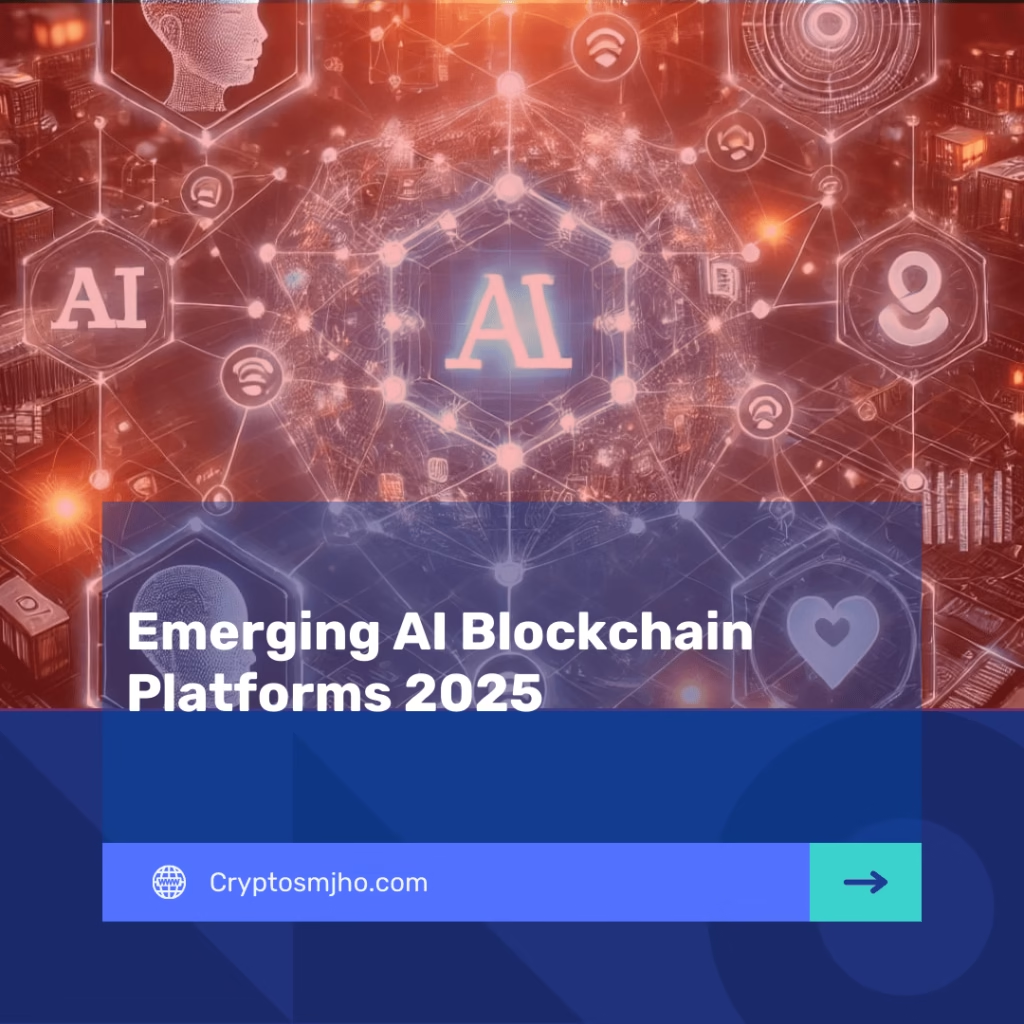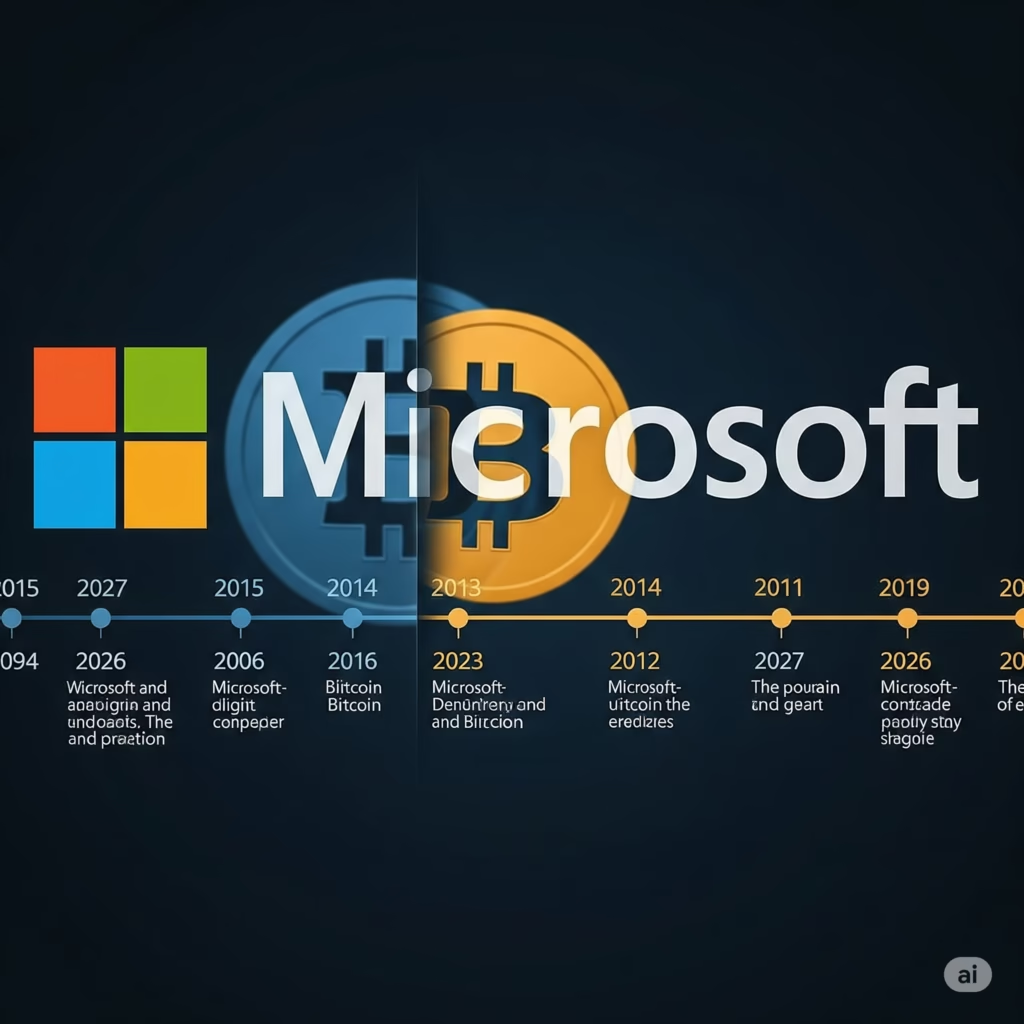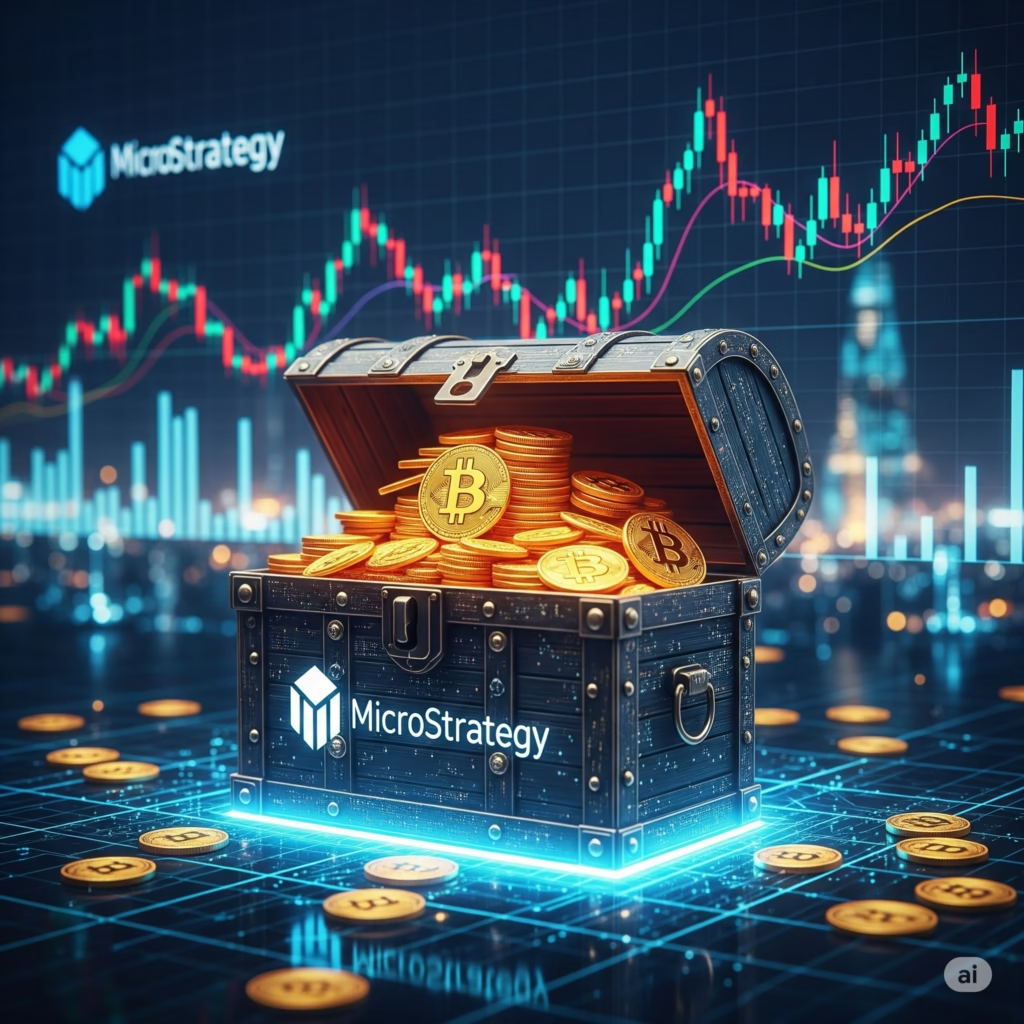Explore how emerging AI blockchain platforms in 2025 are set to transform industries by enhancing security, transparency, and efficiency. Discover key applications and challenges.
- The Rise of AI and Blockchain Integration
- The Power of AI and Blockchain Combined
- Key Features of Emerging AI Blockchain Platforms
- Notable Emerging AI Blockchain Platforms
- How AI Blockchain Platforms Will Transform Industries in 2025
- Challenges Facing AI Blockchain Platforms
- What’s Next for AI Blockchain in 2025 and Beyond?
- Frequently Asked Questions (FAQs)
The Rise of AI and Blockchain Integration
The fusion of Artificial Intelligence (AI) and Blockchain has long been a subject of interest for researchers and technologists. By 2025, emerging AI blockchain platforms are expected to significantly impact industries such as healthcare, finance, supply chains, and more. These platforms are poised to unlock new opportunities by leveraging blockchain’s decentralized and secure nature alongside AI’s powerful data-processing abilities. This convergence of two revolutionary technologies is likely to reshape how we perceive data security, transparency, and operational efficiency.
In this article, we’ll explore the potential of these emerging AI blockchain platforms and examine their key applications, benefits, challenges, and the future trends shaping their development.
The Power of AI and Blockchain Combined
AI, which mimics human intelligence, is rapidly evolving to perform tasks such as data analysis, decision-making, and automated problem-solving. Blockchain, in contrast, is a decentralized, immutable digital ledger system that records transactions in a transparent manner.
By combining the analytical power of AI with the secure and transparent characteristics of blockchain, AI blockchain platforms can create a decentralized, trusted environment for conducting transactions and managing data. As a result, several industries will be able to adopt these technologies to solve existing challenges and improve efficiency.
Key Features of Emerging AI Blockchain Platforms
- Decentralized AI Models
Emerging AI blockchain platforms allow the development of decentralized AI models, which run on blockchain networks and eliminate the need for centralized data storage. This approach offers significant advantages in terms of privacy, data ownership, and greater control for users.
Through decentralized AI, platforms aim to empower both individual users and businesses by providing them with more autonomy and reducing dependence on centralized organizations.
- Enhanced Data Security
Blockchain is known for its data immutability and transparent transactions. When AI is integrated with blockchain, data security becomes significantly stronger. Since blockchain’s distributed ledger securely records every transaction, it ensures that AI models, algorithms, and datasets remain tamper-proof. This provides a critical layer of security and privacy, which is crucial in sensitive industries such as finance, healthcare, and personal data management.
- Automated Smart Contracts
Smart contracts are self-executing contracts written directly into blockchain code that automatically execute when certain predefined conditions are met. When AI is incorporated with blockchain, smart contracts can become more intelligent and adaptable. They can process and analyze data in real-time, making autonomous decisions that automate a wide range of processes across multiple industries, including finance, legal services, and supply chains.
- Tokenization of AI Models
Another significant feature is the tokenization of AI assets. With blockchain, AI models and datasets can be turned into tokens, representing ownership in a decentralized manner. This opens up a range of monetization opportunities, as fractional ownership can be distributed and traded. Blockchain also ensures transparency around these transactions, enabling individuals to verify the origin and ownership of AI-driven assets.
Notable Emerging AI Blockchain Platforms
- Virtuals Protocol
Virtuals Protocol is an innovative blockchain platform that integrates AI agents with blockchain to create autonomous systems capable of executing tasks for users. By leveraging decentralized machine learning and blockchain, Virtuals Protocol can operate without the need for intermediaries or central authority, ensuring full transparency and minimizing human error.
- ai16z
ai16z, a project currently making waves in the AI blockchain community, offers a platform where decentralized applications (dApps) utilize AI alongside blockchain technology to deliver highly personalized and secure user experiences. The platform aims to provide developers with the tools to integrate AI models seamlessly into blockchain ecosystems.
- Fartcoin
Fartcoin is an exciting, albeit unique, project that focuses on applying blockchain and AI together in cryptocurrency solutions. The platform aims to enhance automated trading and financial forecasting by utilizing AI’s data analysis capabilities combined with blockchain’s transparency and decentralization.
How AI Blockchain Platforms Will Transform Industries in 2025
- Decentralized Finance (DeFi)
AI blockchain platforms are expected to bring enormous changes to the DeFi ecosystem in 2025. One of the key transformations will be automated, personalized financial services powered by AI. These platforms will analyze market trends in real-time, assess individual risk factors, and make instant decisions based on that analysis. Additionally, smart contracts will enable frictionless transactions, removing traditional intermediaries such as banks or brokers.
- Supply Chain Management
Blockchain’s ability to offer transparent tracking makes it ideal for supply chain management. When paired with AI, blockchain can also make supply chains more intelligent and efficient. AI-powered systems can predict demand, track goods in real-time, and automate processes such as inventory management and quality assurance. This integration offers enhanced accuracy and reliability for global supply chains.
- Healthcare
The integration of AI with blockchain in healthcare can create secure and transparent solutions for managing medical data. Patient records can be shared in a secure and transparent way between institutions, using blockchain as the foundation. Meanwhile, AI can analyze vast amounts of medical data to offer personalized treatment plans. This combination will significantly improve patient outcomes by enabling real-time data sharing and AI-assisted diagnostics.
- Digital Identity Verification
AI blockchain platforms are also set to revolutionize digital identity verification. Blockchain ensures a secure, tamper-proof record of identities, while AI models can validate credentials and predict fraud. The combination ensures enhanced data privacy while making identity verification processes faster and more efficient.
Challenges Facing AI Blockchain Platforms
- Scalability
While the benefits of AI and blockchain integration are significant, scalability is one of the most pressing challenges that developers must overcome. The computational power required for running both AI algorithms and blockchain transactions simultaneously can strain system capacity. Solutions need to ensure the platform can scale effectively to handle high-volume data and processing needs.
- Regulatory Compliance
Governments and regulators are still catching up with these emerging technologies. The integration of AI and blockchain raises questions surrounding data privacy, compliance with industry regulations, and liability. Developers must navigate these challenges while also ensuring that their AI blockchain platforms comply with current legal frameworks.
- Data Privacy
Despite blockchain’s emphasis on transparency, data privacy remains a key concern when dealing with sensitive information. AI applications rely on large datasets, and ensuring user data remains private while providing valuable AI insights is crucial. Ensuring data privacy while maintaining transparency remains a delicate balance for emerging platforms.
What’s Next for AI Blockchain in 2025 and Beyond?
By 2025, we can expect a dramatic rise in the number of AI blockchain platforms across different sectors. As the technology matures, a broader adoption of decentralized AI applications will bring about a more secure, automated, and transparent digital economy.
The evolution of AI and blockchain integration has the potential to create smart contracts that can adapt and learn over time, further automating processes in ways that we are only beginning to comprehend.
However, achieving this vision will require overcoming scalability and regulatory hurdles and ensuring that these technologies are securely integrated into existing infrastructure. As these solutions gain wider adoption, the opportunity for new business models and more transparent, efficient systems will continue to evolve.
Emerging cryptocurrencies trends in 2025
Frequently Asked Questions (FAQs)
- What are AI blockchain platforms?
AI blockchain platforms combine artificial intelligence with blockchain technology to create decentralized applications that improve data security, efficiency, and transparency.
- How does blockchain help AI?
Blockchain improves the security, transparency, and integrity of data used by AI systems, providing decentralized storage that can be trusted and ensuring immutable records of AI decisions.
- Can AI blockchain platforms be used for cryptocurrency?
Yes, AI blockchain platforms are being used to enhance cryptocurrency markets by automating trading algorithms and ensuring more secure financial transactions.
- What challenges do AI blockchain platforms face?
Challenges include scalability, data privacy concerns, and regulatory issues. Solutions need to handle high processing loads and comply with legal standards to protect user data.
- What industries will benefit from AI blockchain integration?
Industries such as finance, healthcare, supply chain management, and digital identity verification will benefit the most from the integration of AI and blockchain technologies.
Blockchain and AI: How They Are Changing the Future of Finance



